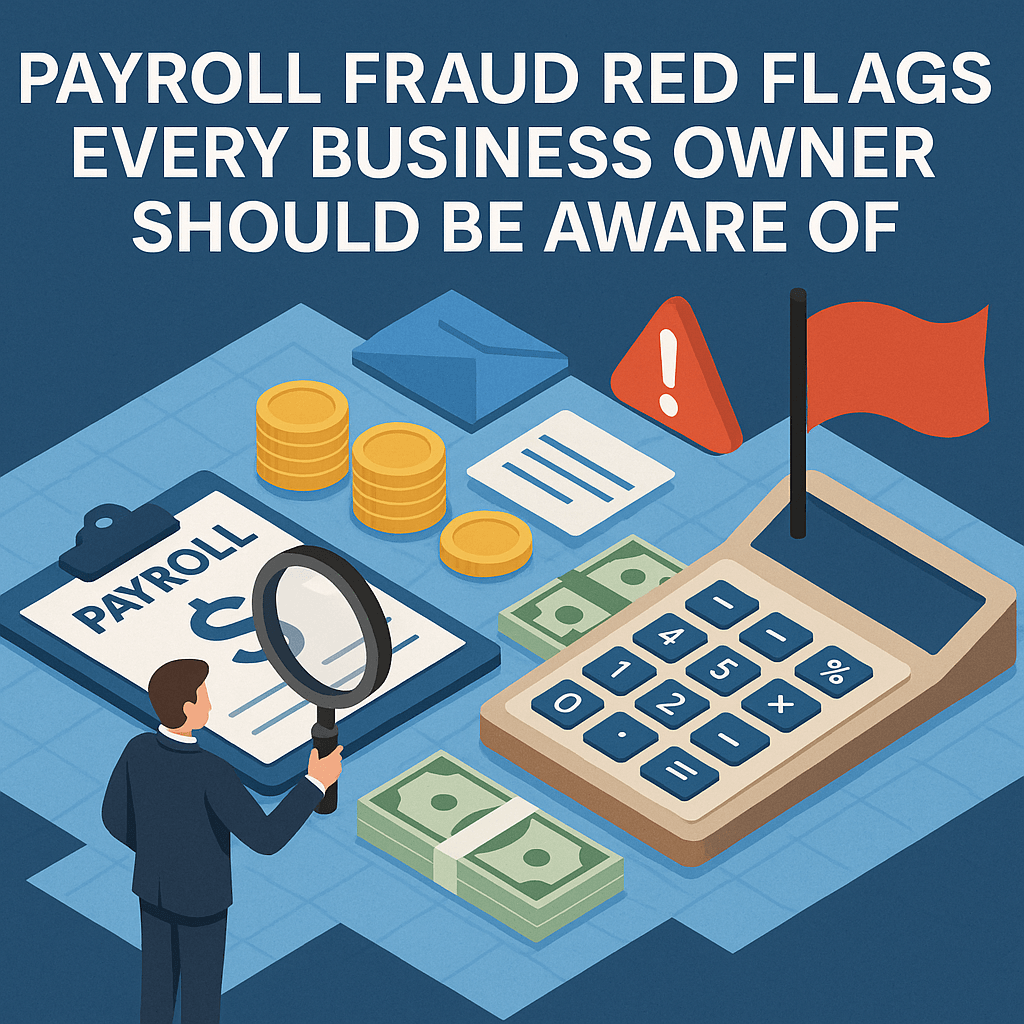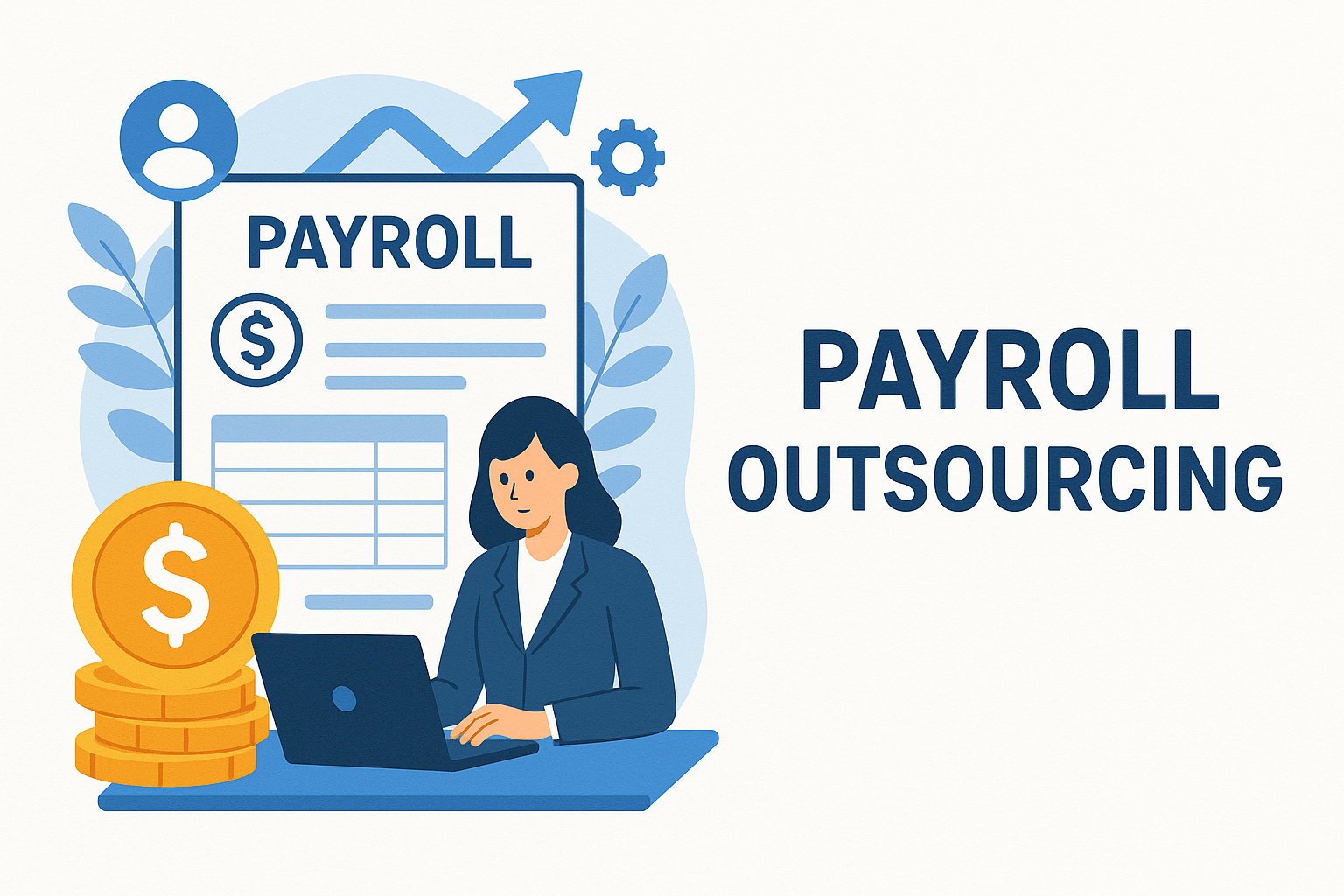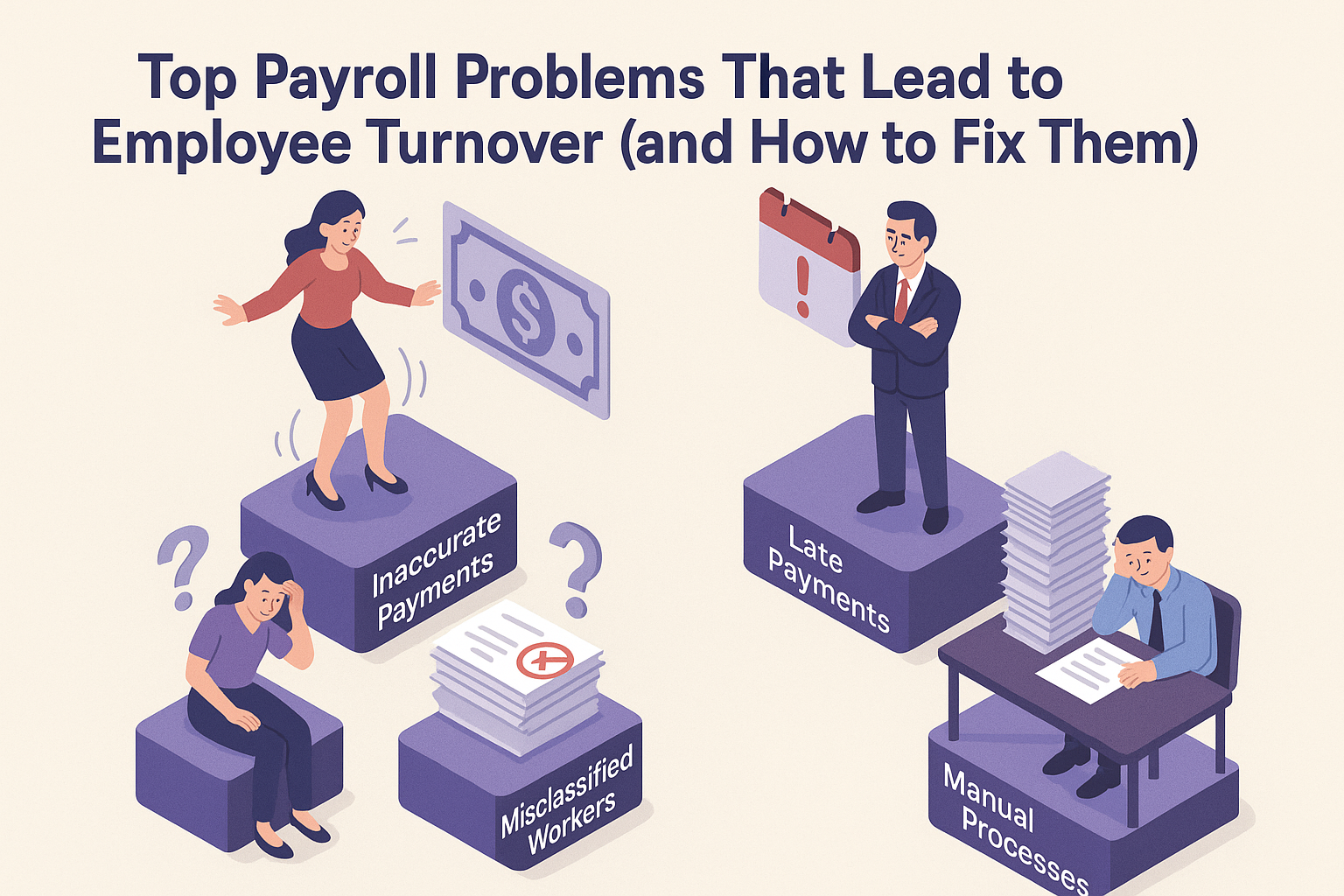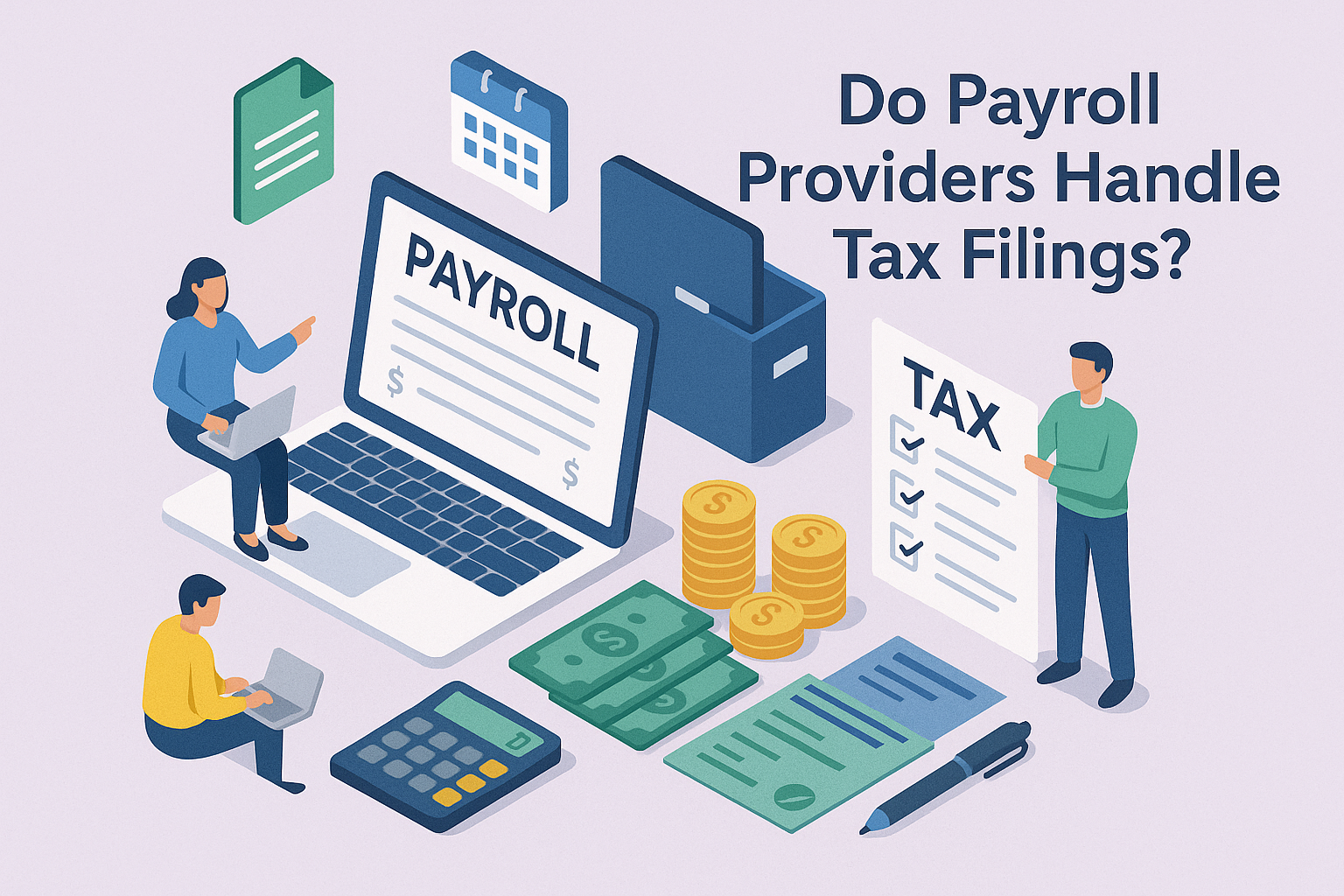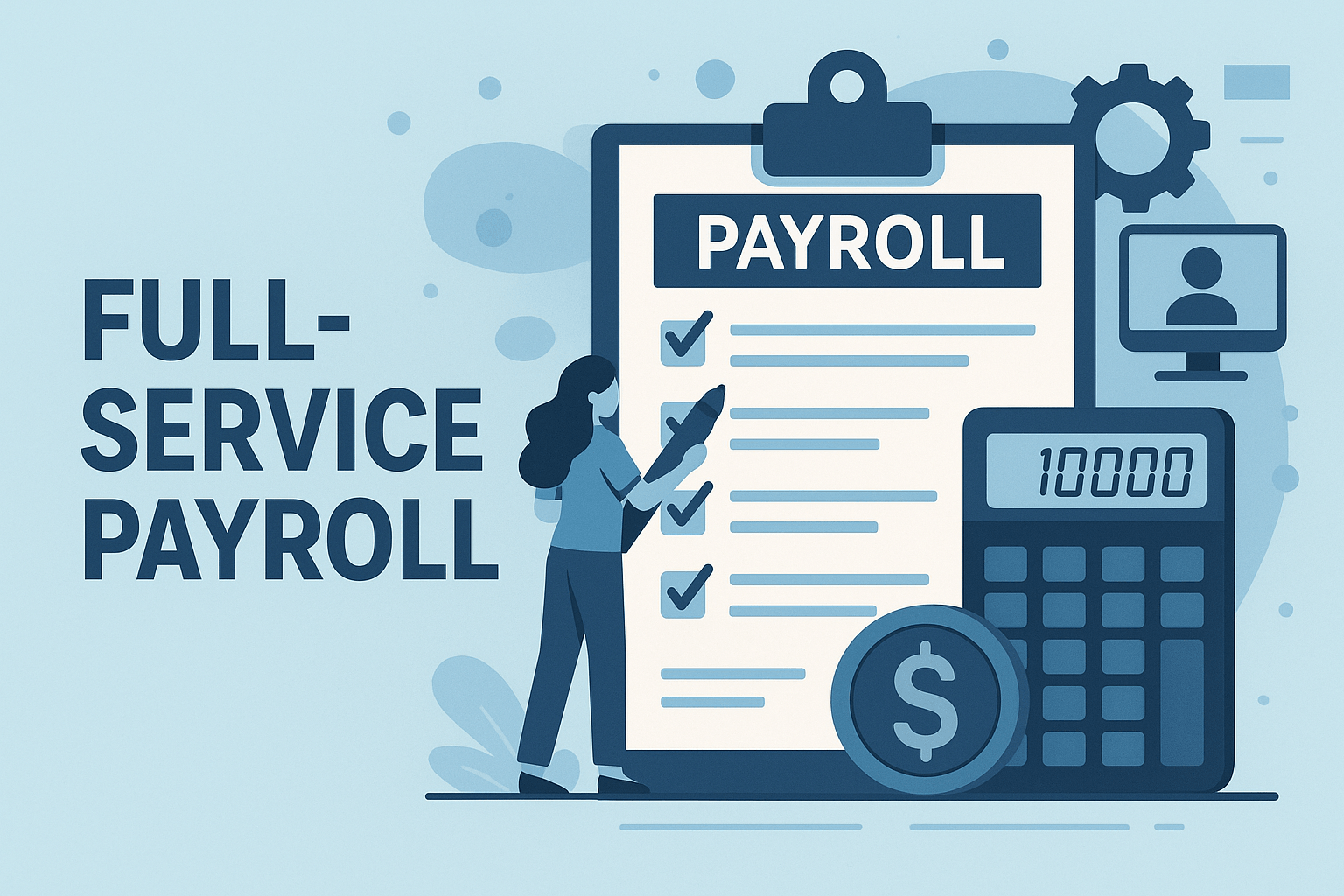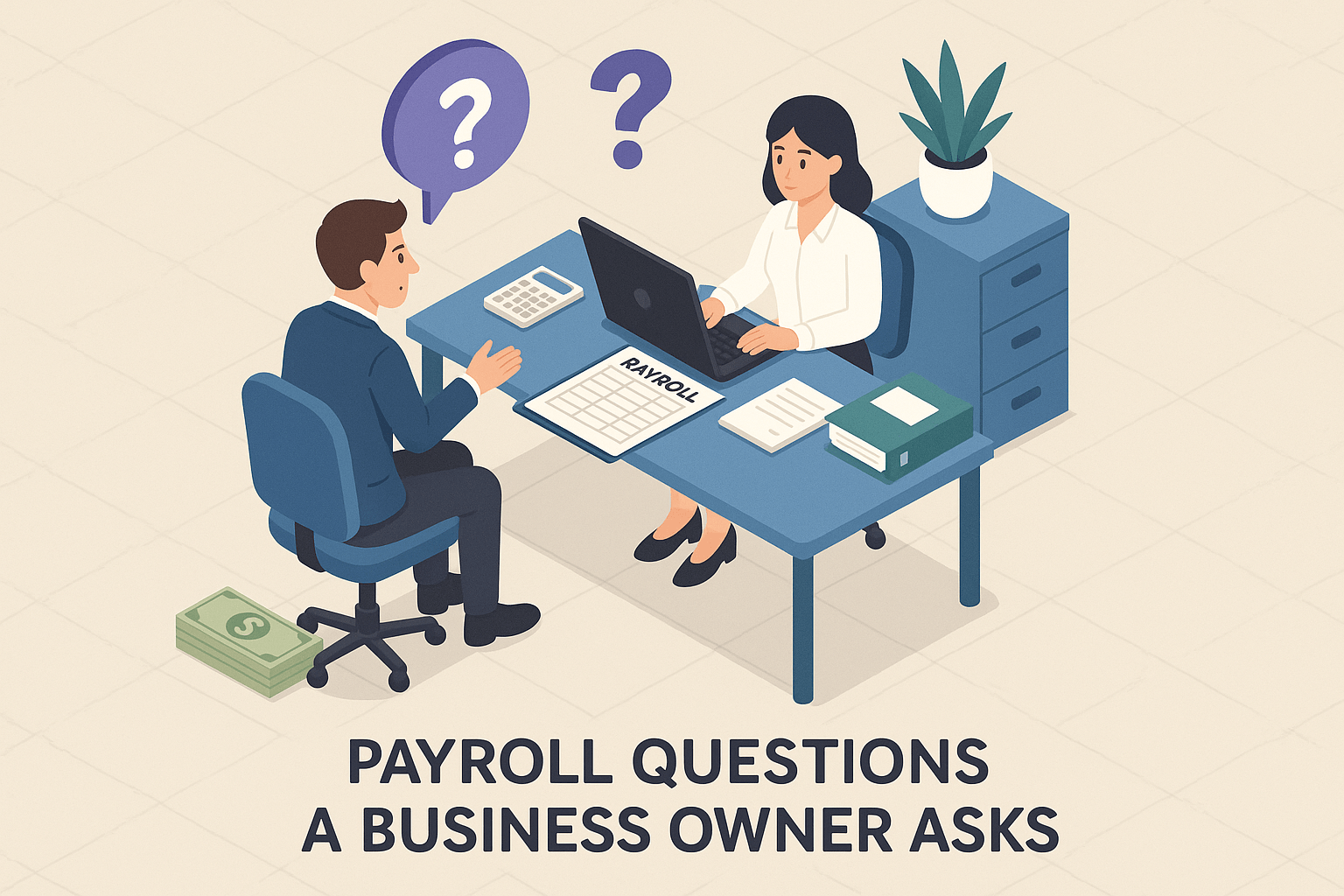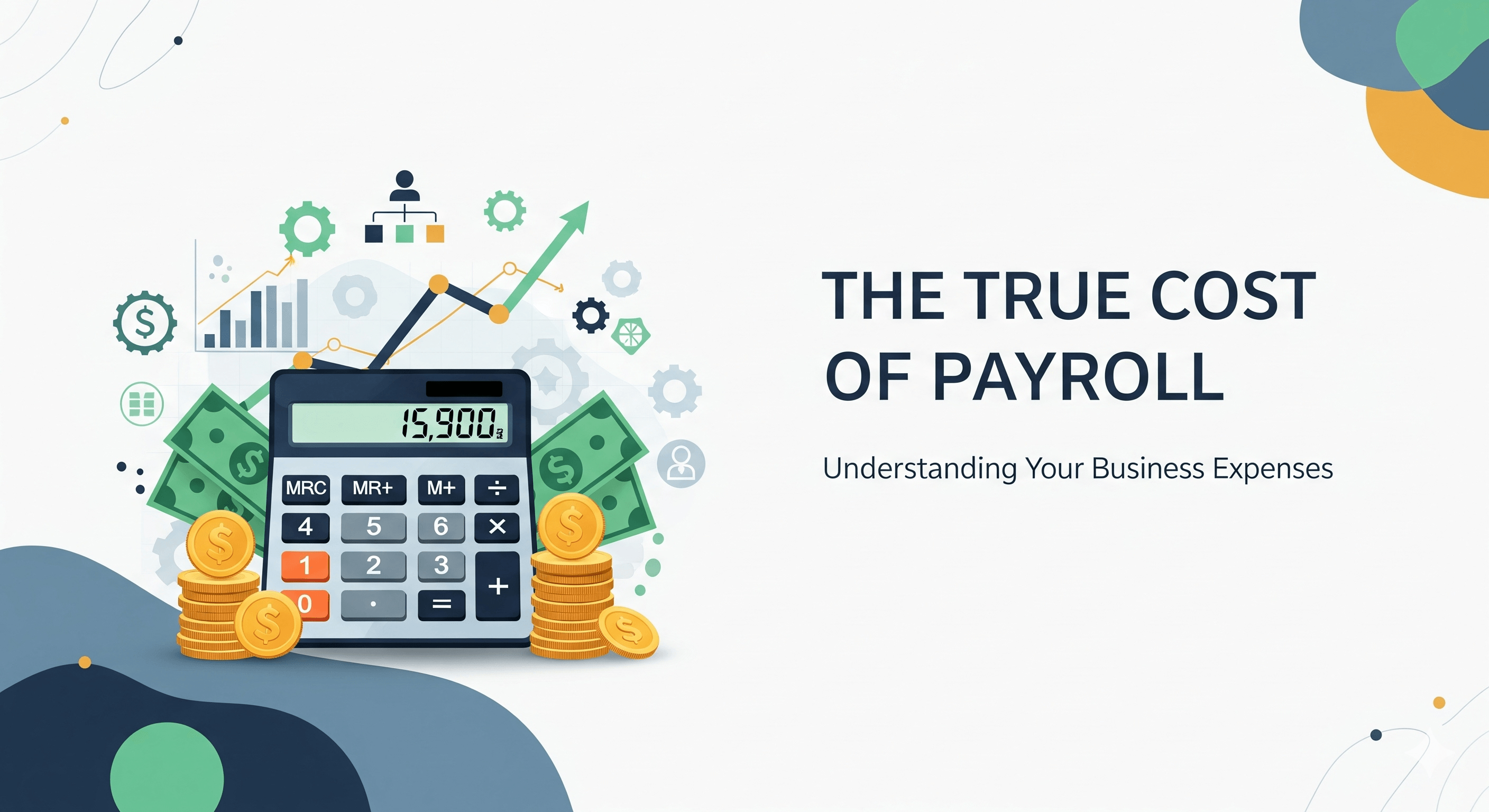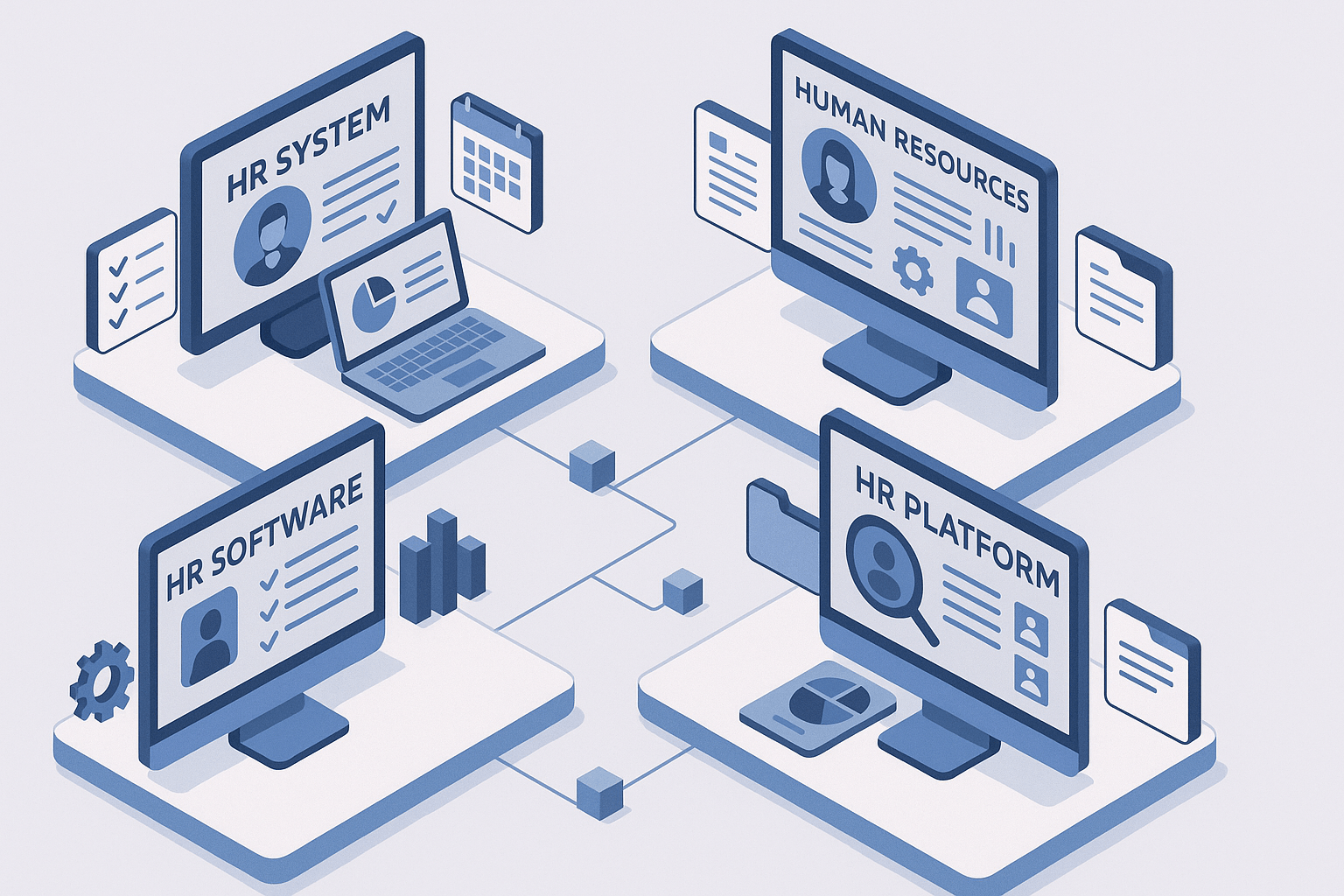HR Outsourcing Costs 2025: What Employers Can Expect To Pay
September 18th, 2024
6 min read
.webp?width=1080&height=1080&name=HR%20blocks(1).webp)
Balancing time and resources is a constant challenge as a business owner or manager. HR complexities can feel overwhelming amidst growth, team management, and customer satisfaction.
At Lift HCM, many businesses struggle with compliance, payroll, and talent acquisition. Is there a more efficient way to handle HR? Yes, HR outsourcing is a popular solution for streamlining operations. But what will it cost in 2025? In this article, Lift HCM will outline expected HR outsourcing costs in 2025, helping you understand services, pricing factors, and budgeting, and compare outsourcing with in-house HR to align with your business goals.
Table of Contents
- Key Factors that Influence HR Outsourcing Costs in 2025
- Common HR Services and Their Associated Costs
- Payroll Processing Costs
- Benefits Administration Costs
- Recruitment and Talent Acquisition Costs
- HR Compliance and Risk Management Costs
- Calculating ROI and HR Outsourcing
- FAQs: Common Questions About HR Outsourcing Costs
- Maximize Your HR Potential: Compare In-House vs. Lift HCM
Key Factors that Influence HR Outsourcing Costs in 2025
When considering HR outsourcing, it’s essential to recognize that costs can vary widely depending on several factors. Understanding these factors will help you better estimate what you might pay and allow you to choose a provider that fits your budget and needs.
- Company Size and Industry: Larger companies incur higher HR outsourcing costs due to complex tasks, while tiered pricing helps smaller businesses. Costs also rise in industries like healthcare or finance due to compliance needs.
- Scope of Services Required: Outsourcing only payroll and benefits is cheaper than a full-service package. Co-sourcing specific functions controls costs, while comprehensive outsourcing raises them.
- Geographical Location and Regional Cost Variations: HR outsourcing costs vary by business and employee location. High-cost areas charge more, while low-cost regions offer cheaper options. Multi-location businesses face higher costs for compliance.
- Customization and Special Requirements: Unique HR needs can lead to higher outsourcing costs for tailored services and compliance.
- Regulatory Changes and Compliance Requirements: Regulations are vital for HR management and will influence HR outsourcing costs in 2025. New laws may raise prices but ensure compliance and avoid legal issues.
Common HR Services and Their Associated Costs
Understanding HR outsourcing costs in 2025 is key for informed decisions. Costs range from $45 to $1,500 per month, with some reaching $3,000 for comprehensive services. Here's a breakdown of standard HR services and their estimated costs for 2025.
Payroll Processing Costs
Payroll remains one of the most commonly outsourced HR functions. Costs typically depend on the number of employees and pay frequency. The most common model is the base fee + per employee, which involves spending $30-$50 per month (base fee) + $4-$6.
Using these averages, approximate monthly costs would be:
- Small business (25 employees): $130-$200
- Medium business (100 employees): $430-$650
- Large business (500 employees): $2,030-$3,050
Additional fees for tax filings, year-end reporting, and direct deposit services may apply.
The bar chart below visually represents the cost breakdown for different HR outsourcing services in 2025. This chart shows the range of costs associated with each service, giving a clear overview of what businesses might expect to pay.

Benefits Administration Costs
Outsourcing benefits administration aids companies in managing health insurance, retirement plans, and other benefits. Costs average $24 per employee, varying with the number of benefits and support level needed for tasks like open enrollment, inquiries, and compliance.
- Expense per Employee: $24 per employee on average
- Overall benefits cost: About 29.6% of total employee compensation
- Total: For a 40-hour work week, this amounts to approximately $2,213 per month per employee
Recruitment and Talent Acquisition Costs
Recruitment costs vary based on position and service level, typically 10% to 25% of the new hire's salary. Specialized roles may incur higher percentages. Some providers offer flat fees for high-volume hiring.
- Contingency recruiting: 15%-25% of the hired employee's first-year salary
- Retained search: 30%-35% of the hired employee's first-year salary
- RPO (Recruitment Process Outsourcing): $500-$2,000 per hire, plus a monthly management fee
HR Compliance and Risk Management Costs
Compliance with labor laws is essential but complex. It usually costs 2% to 5% of annual revenue, varying by service scope. Multi-state or international operations may incur higher costs for comprehensive compliance management.
- Ongoing compliance support: $500-$2,000 per month
- One-time policy development or audit: $2,500-$10,000
- Employee handbook creation: $1,500-$5,000
Performance Management and Employee Relations Costs
Outsourcing performance management, costing $45 to $1,500 monthly, aids in evaluating and improving employee performance, including grievances, reviews, and training. This investment benefits companies focused on employee engagement and development.
Basic Performance Management Solutions:
- $4 to $8 per employee per month
- Includes features such as:
-
Goal setting and tracking
-
Feedback mechanisms
-
Appraisal management
-
Feedback mechanisms
Advanced Performance Management Solutions:
- $10 to $20 per employee per month
- Includes additional features like:
-
- Succession planning
- 360-degree feedback
- Workforce planning
Customizable Solutions:
- Around $2,000 per year
- Pricing increases based on:
- Extent of customization required
- Number of users
Comprehensive Performance Management Suites:
- $6 to $15 per employee per month
- These suites often integrate with other HR functions, providing better value by streamlining multiple HR processes.
Below is a pie chart showing how different HR services (e.g., payroll, recruitment, benefits administration) contribute to the overall HR outsourcing budget.

Calculating ROI and HR Outsourcing
While the costs of HR outsourcing may seem significant, it's essential to consider the return on investment (ROI). ROI is typically calculated as:
ROI = (Net Benefit/Cost of Investment) x 100%
To calculate the ROI:
- Estimate the current in-house HR costs (salaries, benefits, technology, training, etc.)
- Add up the potential savings from outsourcing (reduced labor costs, improved efficiency, avoided compliance risks)
- Subtract the cost of outsourcing from the total savings
- Divide the result by the cost of outsourcing and multiply by 100 for the ROI percentage
Subtract the cost of outsourcing from the total savingsDivide the result by the cost of outsourcing and multiply by 100 for the ROI percentage
Let's break down how to calculate this step by step.
Step 1: Estimate Current In-House HR Costs
Let’s say your company has an in-house HR department consisting of two HR professionals. Here are your estimated annual costs:
- Salaries: $120,000 (Two HR professionals at $60,000 each)
- Benefits: $30,000 (Healthcare, retirement, etc.)
- Technology & Software: $10,000 (HR management software)
- Training & Development: $5,000
- Office Space & Overhead: $15,000
Total In-House HR Costs:
$120,000 + $30,000 + $10,000 + $5,000 + $15,000 = $180,000
Step 2: Calculate Potential Savings from Outsourcing
Next, estimate the savings you could achieve by outsourcing HR functions. Let’s assume the following:
- Outsourced HR Costs: $50 per employee per month
(Assume you have 100 employees, so $50 * 100 * 12 months = $60,000 annually) - Savings on Salaries & Benefits: $150,000 (You no longer need the two HR professionals)
- Savings on Technology & Software: $10,000 (HR provider uses their own systems)
- Savings on Office Space & Overhead: $15,000
Total Potential Savings:
$150,000 + $10,000 + $15,000 = $175,000
Step 3: Subtract the Cost of Outsourcing from the Total Savings
Now, subtract the cost of outsourcing from your potential savings:
Net Savings:
$175,000 (Total Potential Savings) - $60,000 (Outsourced HR Costs) = $115,000
Step 4: Calculate the ROI Percentage
Finally, divide the net savings by the cost of outsourcing and multiply by 100 to get the ROI percentage:
ROI Percentage:
($115,000 / $60,000) * 100 = 191.67%
Many businesses find that HR outsourcing has a positive ROI, especially considering the qualitative benefits, such as access to expertise, reduced legal risks, and improved employee satisfaction.
FAQs: Common Questions About HR Outsourcing Costs
What is the average cost of HR outsourcing in 2025? The average cost of HR outsourcing can vary widely depending on the services you need, but most businesses can expect to pay between $50 and $200 per employee per month.
Can small businesses benefit from HR outsourcing? Absolutely. HR outsourcing can be particularly beneficial for small businesses that may not have the resources to maintain an in-house HR department.
How can I ensure I get the best value from my HR outsourcing provider? To get the best value, clearly define your needs, compare multiple providers, and negotiate your contract carefully. It’s also important to regularly review your outsourcing arrangement to ensure it continues to meet your needs.
What is the most cost-effective HR function to outsource? Payroll management is often the most cost-effective HR function to outsource because it involves routine tasks that can be easily automated, reducing the need for human intervention.
How can I avoid hidden fees in HR outsourcing contracts? To avoid hidden fees, carefully review the contract and ask for a breakdown of all potential charges. It's also wise to discuss scenarios where additional fees might apply.
Will HR outsourcing save my business money? While HR outsourcing involves an upfront cost, it can save your business money in the long run by reducing the need for full-time HR staff, minimizing compliance risks, and streamlining HR processes.
Maximize Your HR Potential: Compare In-House vs. Lift HCM
As we move into 2025, HR outsourcing remains a cost-effective way for businesses to access expert services. Prices vary based on company size, industry, and specific needs, so getting customized quotes is wise. Assess your requirements, evaluate providers, and consider ROI to make informed decisions. Choose a provider like Lift HCM for a balance of cost, quality, and scalability.
Please note that this article does not cover all possible scenarios, and any discussions or viewpoints should not be considered legal advice. Readers are advised to consult with legal professionals for specific legal guidance.
.jpg?width=248&height=165&name=composition-with-book-light-bulb(1).jpg) If you are not yet ready to speak with a team member, you may find these resources helpful:
If you are not yet ready to speak with a team member, you may find these resources helpful:
Caitlin Kapolas is a results-driven professional with a strong background in account management and retail. She is dedicated to improving client experiences and building lasting relationships. Caitlin excels in identifying client needs, resolving issues, and implementing customized solutions that drive value. Her effective communication skills ensure high client satisfaction and loyalty, making her a trusted advisor and partner in meeting client needs with precision and professionalism.
Topics:



.png?width=1536&height=1024&name=Create%20a%20background%20that%20reads%2c%20How%20Long%20to%20Keep%20P%20(1).png)



